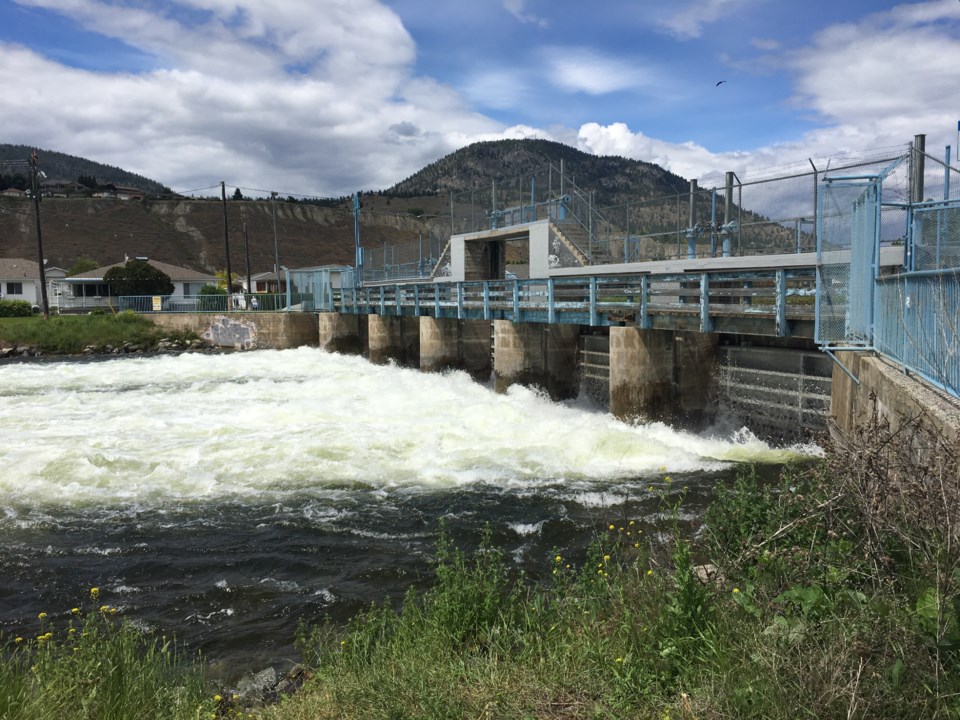The settlement of a federal lawsuit over the 25-story Chimney Hollow Reservoir means Longmont residents will get a stable, dependable water supply for years to come, a city official said Wednesday.
With the end of litigation, construction can begin on Chimney Hollow this summer in a valley just west of Carter Lake, allowing for water storage from the Windy Gap Diversion Project, said Ken Huson, Longmont’s water resource manager. The water can be stored in average and “wet” years for delivery to Longmont in drought years, Huson said in an email.
“This essentially ‘firms up' a portion of Longmont’s Windy Gap water supply, creating a much more dependable water supply for the citizens of our community,” Huson said.
The settlement between the Northern Water Municipal Subdistrict and several environmental groups also calls for the Municipal Subdistrict to contribute $15 million to a foundation to pay for projects that enhance the Colorado River and its watersheds in Grand County, according to a news release announcing the settlement last week.
Huson said construction permitting for the project was preceded by a “very robust” 22-year environmental and permitting process that will result in significant improvements to environmental conditions on the Colorado River.
The project’s environmental impacts are also being fully mitigated, Huson said, noting environmental and Western Slope water interest groups involved in the process supported the final project permits and agreements.
Petitioners in the lawsuit — Save The Colorado, Save The Poudre, Sierra Club, WildEarth Guardians, Living Rivers and Waterkeeper Alliance — said in statements the settlement still leaves the Colorado River highly vulnerable to the demands of thirsty cities in the metro area.
“This is not a win or a victory, but rather a minimally cushioned severe loss for the Colorado River and rivers in the West,” said Gary Wockner, director of Save The Colorado and Save the Poudre. “On the Front Range, this water is worth $2.5 billion, and we don’t expect any miracles from $15 million, but we hope the advisors to the fund can come up with some projects that constructively address the massive negative impacts caused by the Windy Gap Firming Project,” Wockner said.
The lawsuit was filed in federal court in October 2017. The suit challenged the permit issued by the Bureau of Reclamation and Army Corps of Engineers for the construction of Chimney Hollow, according to the news release.
In December 2020, the federal court ruled against the environmental groups, prompting an appeal in February. As part of the appeals process, both sides were required to engage in court-ordered mediation, which led to last week’s settlement, the news release states.
“This settlement shows there is an alternative to costly litigation that can provide benefits both to the environment in Grand County and the Colorado River, as well as acknowledging the need for water storage,” Northern Water General Manager Brad Wind said in the news release.
Chimney Hollow will store 90,000 acre-feet of water from the Windy Gap Project for 12 entities including Longmont, which are paying for its construction, according to the news release.
The creation of the Colorado River Connectivity Channel is one of the environmental projects that can begin under the settlement. The channel will wind around the existing Windy Gap Reservoir to reconnect the Colorado River above and below the reservoir.
The channel will restore the ability for fish, macroinvertebrates, nutrients and sediment in the river to bypass the reservoir, the news release states.


